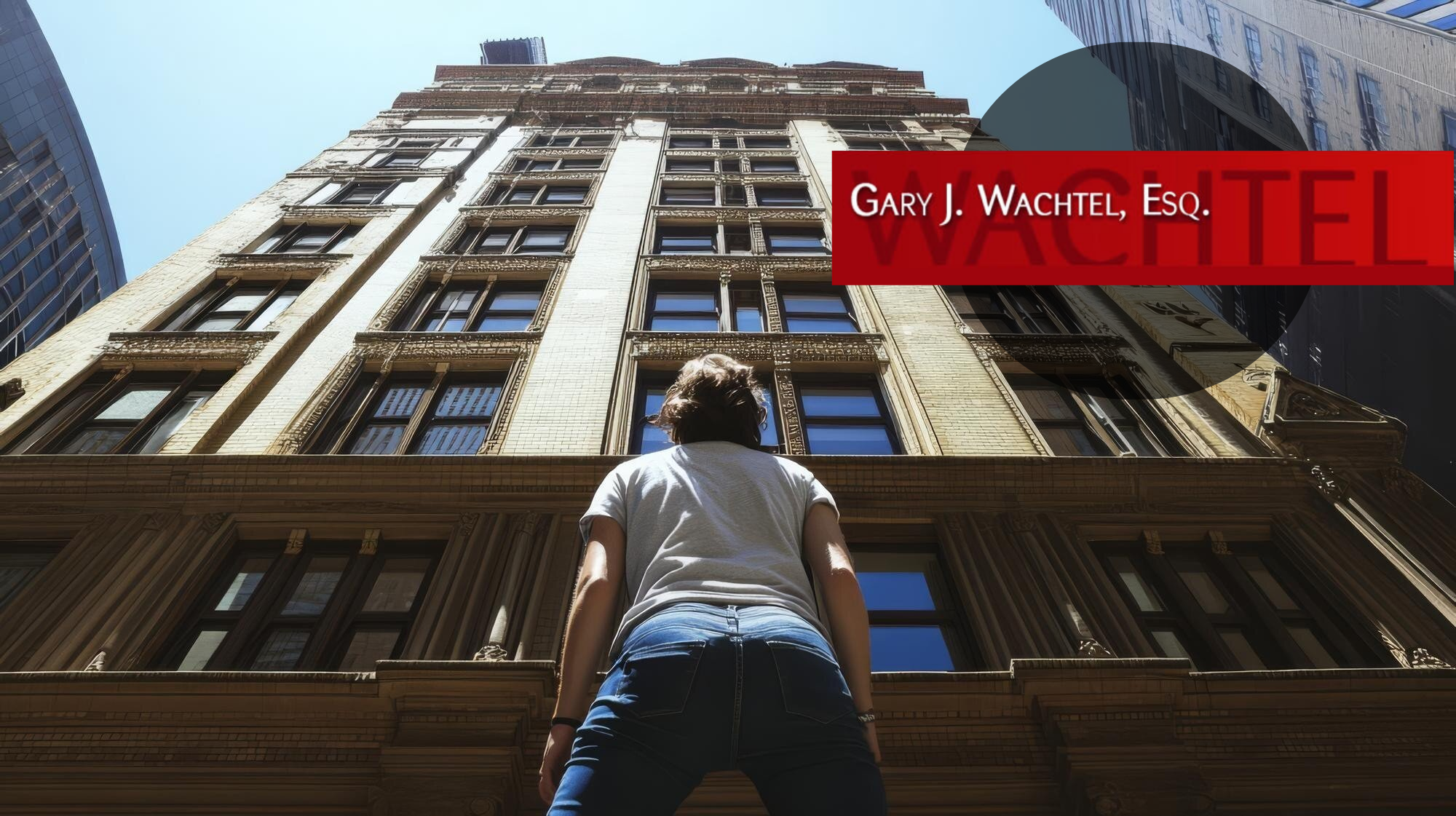New York City’s real estate landscape is one of the most dynamic and legally intricate in the world. With strict tenant protections, evolving rent laws, and complex lease agreements, navigating housing disputes can be overwhelming for both renters and landlords. Whether you’re a tenant facing wrongful eviction or a property owner dealing with non-compliant renters, having a trusted legal expert is crucial.
This is where housing lawyers in NYC step in. These professionals specialize in landlord-tenant disputes, lease negotiations, eviction defense, and housing law compliance, ensuring that their clients’ rights are protected under New York law.
For both tenants and landlords, legal guidance can mean the difference between winning or losing a case in housing court. Below, we explore the essential role of NYC housing attorneys, tenants’ and landlords’ rights, common disputes, and how to choose the best lawyer for your needs.
Why NYC Housing Law is So Complex
New York City has some of the most tenant-friendly laws in the country, largely due to its long history of housing shortages and tenant advocacy. For decades, the city has implemented strict rent regulations to prevent displacement and ensure that affordable housing remains accessible. However, these regulations have also created one of the most legally intricate housing markets in the U.S., requiring both tenants and landlords to navigate an ever-evolving legal landscape.

The Housing Stability and Tenant Protection Act of 2019 introduced sweeping reforms that significantly altered the relationship between landlords and tenants. The law placed stricter limits on rent increases for rent-stabilized units, extended eviction protections for tenants, and reduced landlords’ ability to charge excessive fees. While these measures provided stronger security for renters, they also introduced challenges for property owners, making it more difficult to remove non-paying or disruptive tenants. Many landlords have found themselves entangled in prolonged legal battles, unable to reclaim their properties due to these new restrictions.
Additionally, NYC’s housing market is highly fragmented, consisting of rent-stabilized, rent-controlled, and market-rate apartments, each with different legal requirements. For example:
- Rent-Stabilized Units: Governed by strict rules that cap rent increases and guarantee tenants the right to lease renewals.
- Rent-Controlled Apartments: A rarer category with even stricter price controls, generally applying to long-term tenants who have lived in the same apartment since before 1971.
- Market-Rate Rentals: Apartments where landlords have full discretion over pricing and lease terms, but must still comply with general tenant protections.
Further complicating the landscape are special programs like Section 8 housing and Mitchell-Lama developments, which impose additional restrictions on both landlords and tenants.
Beyond rental regulations, NYC landlords and tenants must also contend with a web of other legal requirements, such as building codes, zoning laws, lead paint disclosure rules, and energy efficiency mandates. Failure to comply with these laws can lead to hefty fines, legal disputes, and even property seizures. With so many overlapping regulations, even seemingly simple landlord-tenant disputes can quickly escalate into complex legal battles.
Without professional legal assistance, tenants may fall victim to unlawful eviction attempts, rent overcharges, or substandard living conditions, while landlords may struggle to enforce lease agreements, collect overdue rent, or remove problematic tenants. This is why working with housing lawyers in NYC is essential for anyone navigating the city’s challenging housing laws.
Tenant Rights in NYC: Legal Protections Every Renter Should Know
As a tenant in NYC, understanding your rights can prevent landlords from taking advantage of legal loopholes. A skilled housing lawyer in NYC can help tenants enforce these protections and seek legal remedies when their rights are violated.
1. Protection Against Unlawful Evictions
Landlords cannot remove tenants without following a proper legal process. Under NYC housing laws:
- A landlord must serve written notice before starting eviction proceedings.
- A tenant cannot be locked out without a formal court order.
- Retaliatory evictions—such as removing tenants for reporting unsafe conditions—are illegal.
If a landlord tries to evict a tenant improperly, a lawyer can challenge the eviction in housing court and protect the tenant from displacement.
2. Rent Stabilization & Overcharge Protections
Many NYC apartments fall under rent stabilization laws, meaning landlords cannot increase rent arbitrarily. However, some landlords attempt to overcharge tenants illegally. Rent stabilization laws dictate that:
- Landlords must register their units with the state.
- Annual rent increases are capped at rates set by the NYC Rent Guidelines Board.
- Tenants can demand a rent history audit to ensure they’re being charged fairly.
A tenant who suspects rent overcharges can hire a lawyer to file an official complaint and potentially recover thousands in rent refunds.
3. Right to a Safe & Habitable Apartment
NYC law requires that all rental units meet the “Warranty of Habitability” standard, which means:
- Apartments must have heat, hot water, and plumbing in working order.
- Landlords must ensure the property is free from pests and mold.
- Any major repair requests must be handled promptly.
If a landlord refuses to address hazardous conditions, a housing lawyer in NYC can help tenants file an official complaint with NYC Housing Preservation & Development or take legal action.
4. Security Deposit Rules
Many tenants struggle to recover security deposits at the end of a lease. NYC law states that landlords:
- Must return deposits within 14 days of lease termination.
- Can only withhold funds for documented damages (not normal wear and tear).
- Must provide an itemized list if they deduct any amount.
A lawyer can help tenants recover unlawfully withheld deposits and even sue landlords for violations.
Landlord Rights in NYC: How Property Owners Can Protect Their Interests
While NYC laws heavily protect tenants, landlords also have critical rights that allow them to maintain their property, enforce lease agreements, and collect rent. However, these rights come with strict legal requirements.
1. Enforcing Lease Agreements & Eviction Proceedings
Landlords have the right to evict tenants for valid legal reasons, such as:
- Non-payment of rent
- Lease violations (e.g., unauthorized subletting)
- Illegal activity on the premises
However, eviction proceedings are highly regulated in NYC. A housing lawyer in NYC can ensure that landlords follow proper notice periods and court procedures, minimizing legal risks.
2. Rent Collection & Handling Non-Paying Tenants
One of the biggest challenges landlords face is recovering unpaid rent. Under NYC law:
- Landlords cannot use “self-help” methods, like shutting off utilities, to force a tenant to pay.
- Rent collection cases must be filed in housing court.
- If a tenant refuses to pay, landlords may be entitled to a court-ordered judgment.
An attorney can help landlords recover unpaid rent by filing proper legal claims.
3. Managing Property Compliance & Avoiding Violations
NYC landlords must adhere to a wide range of housing codes and regulations. Violations can lead to heavy fines, lawsuits, and even property seizure. Common compliance issues include:
- Failing to provide essential services (e.g., heat and hot water).
- Unlawful rent hikes on stabilized apartments.
- Building code violations, such as lack of fire escapes or improper maintenance.
For more on NYC landlord obligations, visit the New York State Homes and Community Renewal website.
How to Choose the Best Housing Lawyer in NYC
With so many legal professionals in NYC, selecting the right housing lawyer requires careful consideration. Here’s what to look for:
- Experience in Housing Law – Choose a lawyer with specialized experience in NYC landlord-tenant cases.
- Proven Track Record – Check client testimonials and success rates.
- Transparent Fees – Legal services should come with clear, upfront pricing.
- Strong Communication – The right lawyer will explain legal options clearly and concisely.
For expert legal guidance, housing lawyers in NYC provide comprehensive representation for both tenants and landlords.
Common NYC Landlord-Tenant Disputes & How Lawyers Help
Some of the most frequent housing disputes in NYC include:
Eviction Disputes
- Tenants may challenge evictions in court, claiming retaliation or lack of due process.
- A lawyer helps landlords follow proper procedures and defend against wrongful eviction claims.
Illegal Rent Increases
- Tenants who suspect overcharges can file complaints with NYC housing agencies.
- A lawyer can audit rental histories and help tenants recover overpaid amounts.
Lease Violations & Subletting Issues
- Landlords can take legal action against unauthorized subletting.
- Lawyers assist in lease enforcement and eviction cases.
Final Thoughts: Protect Your Housing Rights in NYC
Whether you’re a tenant facing eviction or a landlord struggling with non-paying renters, housing laws in NYC are complex. The right legal representation can help you navigate disputes, protect your rights, and achieve the best possible outcome.
For expert legal assistance, visit Gary Wachtel’s website to connect with experienced housing lawyers in NYC who can guide you through the legal process.
FAQs About Housing Lawyers in NYC
1. How much does a housing lawyer in NYC cost?
The cost of hiring a housing lawyer in NYC varies depending on the complexity of the case. Some attorneys charge hourly rates, which can range from $250 to $600 per hour, while others offer flat fees for specific services, such as lease reviews or eviction defense. Many lawyers also offer free initial consultations to discuss your case.
2. Can a landlord evict a tenant without notice in NYC?
No, landlords must follow legal eviction procedures, which include serving the tenant with a proper notice to cure or notice to vacate. If the tenant does not comply, the landlord must file an eviction case in housing court and obtain a court order before proceeding with the removal.
3. What should I do if my landlord refuses to make repairs?
If your landlord fails to address hazardous conditions (such as mold, lack of heat, or structural issues), you can:
- File a complaint with NYC Housing Preservation & Development.
- Withhold rent until repairs are made (but consult an attorney first to avoid legal risks).
- Take the landlord to housing court with the help of a housing lawyer in NYC.
4. How can I check if my apartment is rent-stabilized?
You can request your unit’s rent history report from New York State Homes and Community Renewal to determine if it falls under rent stabilization laws. A housing lawyer in NYC can also review your lease and rental history for possible violations.
5. What can a landlord do if a tenant stops paying rent?
Landlords can file a non-payment case in NYC housing court to recover unpaid rent. If the tenant still refuses to pay, the landlord may be able to obtain a court-ordered eviction. A housing lawyer in NYC can ensure that the eviction process follows all legal requirements.






